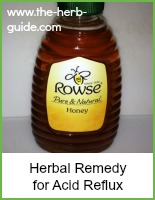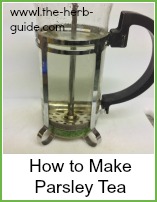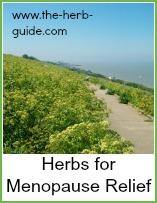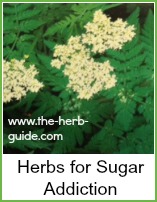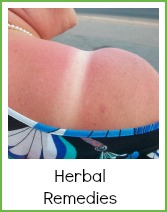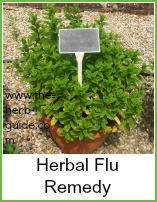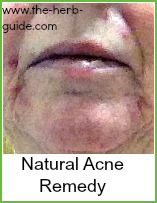- The Herb Guide Home
- Remedies
- Herbal Medicine
Herbal Medicine
How Our Ancestors Introduced Herb Remedies to the Modern World
As an Amazon Associate I earn from qualifying purchases
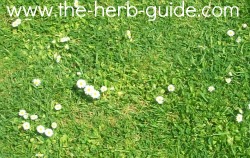
Herbal Medicine
Humans have used plants for thousands of years – not only for food, but to treat illnesses.
Herbs have helped us survive disease and pestilence and contributed to our survival for as long as humans have existed.

You can try a sample lesson to help you decide if the Herbal Academy of New England is the right choice for you - follow the link below.
Over time, we’ve learned which herbs heal and which could potentially cause damage – we have our ancestors to thank for that – I suppose, you could call them the original ‘human guinea pigs’ :-)
Archeologists have found evidence of herbal remedies dating back thousands of years across the world – what’s really interesting, is that different cultures globally used similar methods, testing and tracking in the same way – this was long before the development of international communication – way before the internet!
I find that fascinating – it must mean that there is something inborn in us to use herbal medicine – we’ve inherited the curiosity through thousands of generations – whatever our roots, it’s what we do,independently, regardless of our location.
Herbal medicine
Herbal remedies were shared amongst communities, passed down through generations and eventually written about as communication and education improved.
Modern day companies used these roots to derive some of their synthetic drugs. Aspirin, for instance, was created to imitate the natural pain reliever found in willow bark.
Digitalis, used in heart treatment is derived from foxgloves – which incidentally, are highly toxic, so don’t even think about trying it!
Herbal cures don’t have the same side effects that synthetic drugs do. This is probably the reason many people are moving away from man made drugs and looking to return to their roots looking for natural treatments and herbal remedies.
Our ancestors would have had access to herbal gardens (or somebody who cultivated one especially) to treat their illnesses.
I know life expectancy was much lower, but other factors were at play there – hygiene – it wasn’t until Florence Nightingale (1820-1910) that the importance of sanitation and cleanliness were understood to be essential in preventing infection.
Popular remedies would have been peppermint to combat indigestion; lemon balm as a tea to calm and relax; bergamot tea to help you sleep; a chamomile infusion as an antiseptic, mouthwash, eye bath or hair rinse.
As people started to explore the world, ideas and treatments were exchanged. Herbs were traded and cultivated outside their original country and so began the development of a global medicine that became the model for our modern medicine.
People are going back to their roots these days, looking to stop bombarding their bodies with chemicals and looking more to using herbal medicine.
Even medical doctors are beginning to explore herbal cures, for instance, in Germany, St John’s Wort is commonly used as a treatment for mild to moderate depression.
Some cultures - the Chinese, for example - have never left their medicines behind - Chinese Herbal Medicine is very strongly supported.
We may find ourselves going back to our ancestors’ way of life, with the added benefits of modern sanitation and hygiene.
The information on this website is in no way intended as medical advice and nor should it be taken as such.
If symptoms don't improve, consult your doctor.
If you have a medical condition, you must consult a Herbal Practitioner or a Medical Doctor.
If you are pregnant, you must consult your doctor or nurse before trying any herbal remedy.
If you are already taking pharmaceuticals, then speak to your doctor about taking herbs - some drugs react badly with herbs and you need to know that you are not going to do more harm than good.
I may receive a commission if you purchase something mentioned in this post. See more details here This will not affect the amount you pay.


